【新唐人2012年2月17日訊】王立軍事件一下子把中共激烈內鬥的內幕呈現在人們的面前,人們都在等待中共如何收場。但是,溫家寶近期強調推進改革的言論卻不斷升溫,號稱「要用改革的辦法破解難題」。那麼,中共當權者自己真的想要改革嗎?
《德國之聲》發表標題為「中共內鬥激烈 改革希望不大」的文章。其中寫道:這幾天在遠離京城的四川省發生的事件,確定無疑的表明中共黨內的巨大麻煩。……」
而溫家寶日前在中南海主持召開五次座談會,會上他對專家、學者說:「要用改革的辦法破解難題。無論是經濟結構性問題,還是分配不公問題、反腐敗問題,都得靠改革、靠制度性建設才能從根本上加以解決。」
經濟評論家草庵:「在目前的話,溫家寶由於馬上要卸任,他的政令還是難以出中南海。所以,在這方面看來,溫家寶能夠做出大的作為的話,除非是中國出現極大的混亂當中,否則他還是很難發揮重要的影響。」
當人們都希望中共儲君習近平能像他父親習仲勳一樣,推動中共的政治改革,但習近平訪美期間,在華府發表的「人權問題沒有最好,只有更好」的講話,可以說打破了眾人對他的幻想。
經濟評論家草庵指出,即使習近平接班後,中共還是會繼續採取維穩的方式維護他的統治。
草庵:「關於習近平在接班後的動向,我想需要看兩個方面,一個是中國百姓對中共的壓力。中共一直是以維穩為首要,尤其在胡錦濤的十年。但是維穩成本太高,他難以繼續維持下去。僅僅有百姓的壓力還不行,另外還有一個黨內的壓力。所謂黨內的壓力就是黨內民主的壓力、黨內對權力的競爭產生混亂對中共的壓力。就在雙方面的壓力之後,習近平才可能進行一些政治改革的舉動。」
資深媒體人高瑜認為,中國只搞經濟改革,解決不了中國目前面臨的各種問題。她表示,中國的利益集團現在就想保持現狀,因為利益都被他們拿去了,只要給老百姓一點小恩小惠,老百姓不造反就成。所以,中國的一黨專政問題必須解決,像前蘇聯、台灣那樣改革,而台灣的改革代價最小。
高瑜:「溫家寶講了很多別人不講的問題,比如普世價值、人權啊,現在直接講政改。但是具體有哪些措施,沒有看到他做過,是吧?你必須有行動來跟上。我認為就應該走台灣的路,解放報禁和黨禁,這樣才能真正有監督,才能真正治理腐敗,而且中國的政治改革就這一步,沒有其他路可走。」
德國媒體還指出,中國國內越來越多的抗議、通貨膨脹、房地產泡沫等,都讓北京的掌權者憂心忡忡。但是,美國的中國問題專家讓人們不要期待北京會大膽改革,因為習近平及第五代人的代表首先要鞏固的將是自己的權力。
新唐人記者易如、宋風、肖顏採訪報導。
CCP Infighting Intensifies, Little Hope of Reform
The Wang Lijun incident has exposed to the world intense
infighting in the Chinese Communist Party (CCP).
People are waiting to see what happens to the CCP.
Premier Wen Jiabao's talk of advancing reform recently
has heated up the situation further.
Wen touted to use reform to crack problems.
Does the CCP top power really want to carry out reforms?
Voice of Germany published an article entitled
“CCP infighting gets intense, little hope of reform”.
The article reports the incident recently in Sichuan has
definitely shown the great trouble existing within the CCP.”
Recently, CCP premier Wen Jiabao chaired five
symposiums, giving speeches to experts and scholars.
Wen said, "We should use reform to crack the problems.
No matter it's problems of economic structure, or
inequitable distribution, or of anti-corruption.
All have to rely on reform and institutional constructions to
get fundamentally addressed."
Cao'an Jushi, economic critic: "Wen Jiabao is about to retire,
but it is still hard to issue his instructions to local authorities.
So, from this perspective, Wen cannot make big
accomplishments unless China is trapped into a great chaos.
Otherwise, it's difficult for him to play an important role. "
The CCP crown prince Xi Jinping is expected to promote
political reform in China, as his father Xi Zhongxun did.
Yet, during a recent US visit, Xi's quote on human rights,
“There's no best, only better” burst the public bubble on him.
Cao'an Jushi believes that after Xi's succession, the CCP
will still safeguard its rule in the way of stability maintenance.
Cao'an Jushi, "As to the trend after Xi Jinping's succession,
I think that depends on two aspects.
One is the pressure that Chinese people put on the CCP.
The CCP has long prioritized the maintenance of stability,
especially in the ten years of Hu Jintao's reign.
But the cost of stability maintenance is too high, it's hard
for him to continue to sustain it.
Only the pressure from the people is not yet enough.
The other one is the pressure from within the CCP.
That refers to the pressure from democratic forces inside the CCP.
The pressure created by the chaos of CCP's infighting.
Under pressures from two aspects, it may be possible for
Xi Jinpin to carry out some political reforms."
Gao Yu, veteran media professional, says economic reforms
cannot solve the varied problems that exist in today's China.
China's interest groups just want to keep the status quo,
for they have grabbed all the interests.
They take out petty favors to civilians with an aim to prevent
people's rebellion.
Gao Yu thinks that China's one-party dictatorship should be
gotten rid of.
Just like reforms carried out in former Soviet Union
and Taiwan. Taiwan paid the lowest price for its reform.
Gao Yu: "Wen Jiabao spoke of many issues that
other officials never mentioned.
Such as universal values, human rights, and now,
he directly talked about political reform.
But what are the concrete measures? We've never seen his
actions, have we? You should put it into practice.
I think China should take the same path as Taiwan's
lift bans on the media and on political parties.
Only by doing this can the country have real watchdog
journalism, and can corruption be truly resolved.
What's more, for China's political reform, this is the only
way out, there's no other alternative."
German media sees the Beijing regime is in a stew with
increasing mass protests, inflation, property bubbles, etc.
However, U.S. experts on China tell the public not to expect
Beijing to make any bold reforms.
For Xi Jinping and the fifth generation of representatives,
the first thing will be strengthening their own power.
NTD reporters Yi Ru, Song Feng and Xiao Yan
看下一集

【禁聞】文昭:薄熙來的重慶模式 居心叵測

【禁聞】王立軍妻女失蹤 王恐「被精神病」

【禁聞】王薄拉響維穩炮 中共責令軍隊整風

【禁聞】王立軍涉嫌活摘法輪功學員器官

【禁聞】美眾議院提立案調查王立軍事件

【禁言博客】討一張2012年的船票
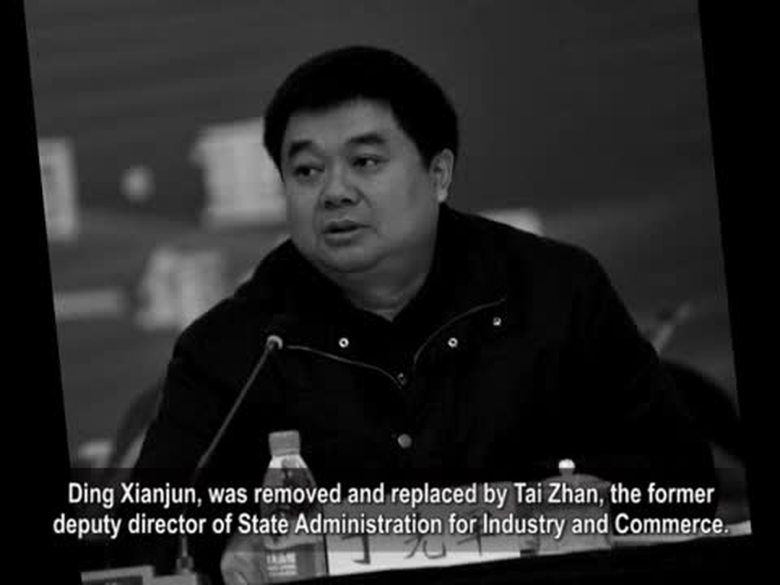
【禁聞】中共各派重慶角鬥 鹿死誰手?
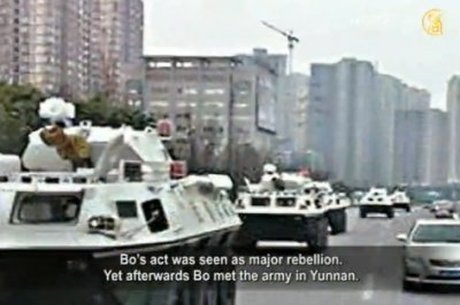
【禁聞】薄熙來想「謀反」 勝算有多大?
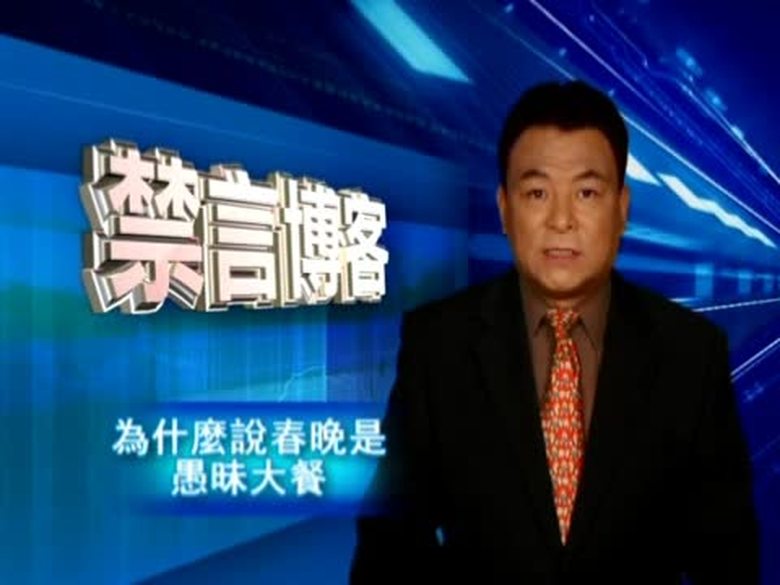
【禁言博客】為什麽說春晚是愚昧大餐?
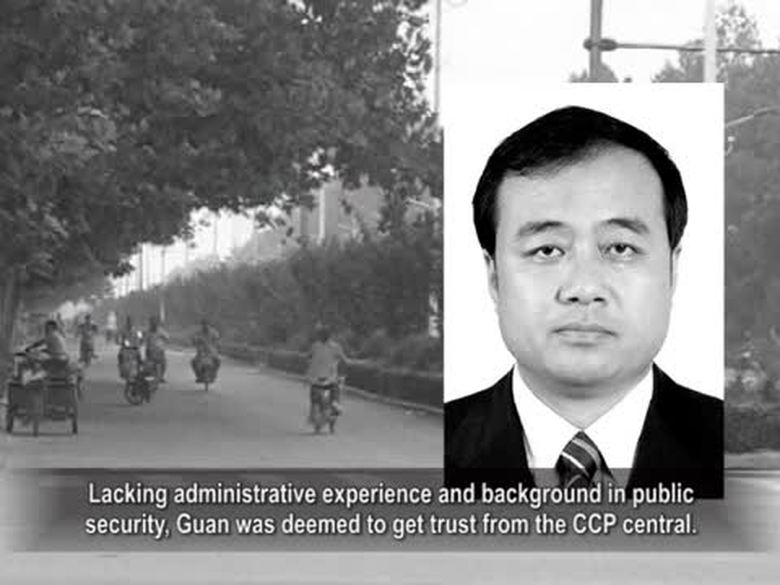
【禁聞】中央主導 關海祥接掌重慶公安局
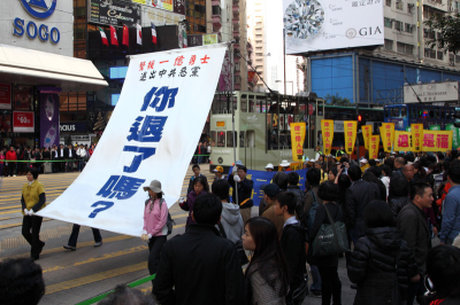
【禁聞】薄王案引爆中共火拚 推波退黨大潮
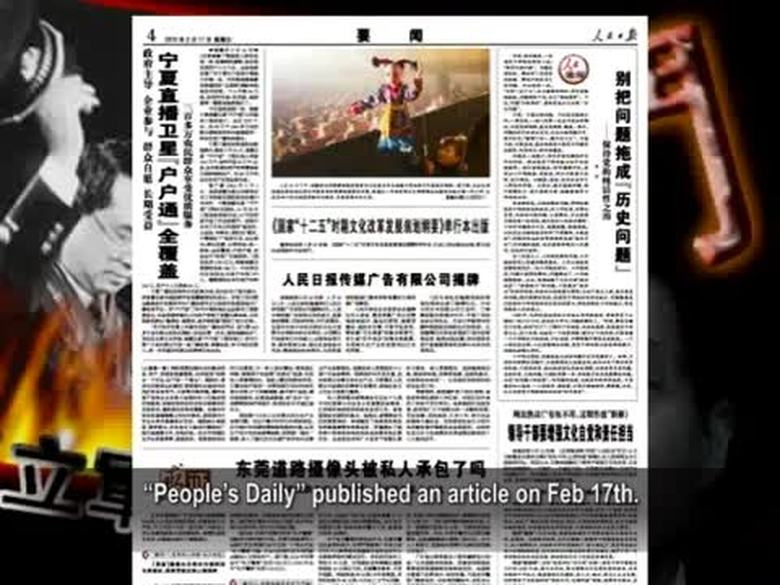
【禁聞】官媒催胡溫處理薄熙來 江派不甘失败

【禁聞】王立軍事件各派放風 專家解析
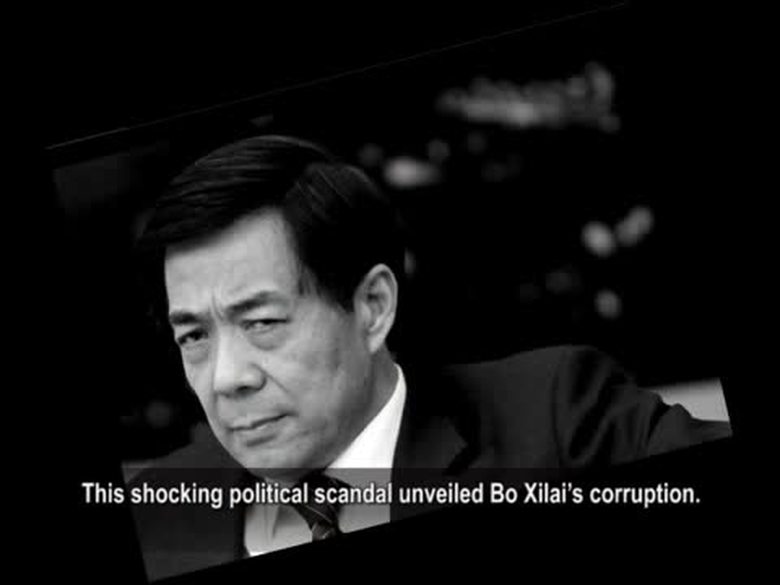
【禁聞】團派周強將接替薄 薄案促胡江攤牌
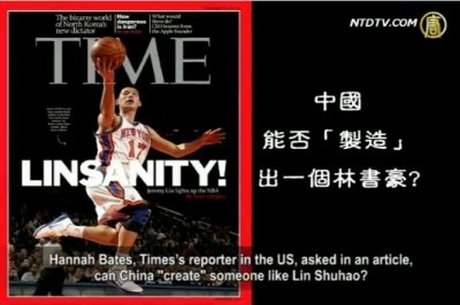
【禁聞】中國 能否造就林書豪傳奇?
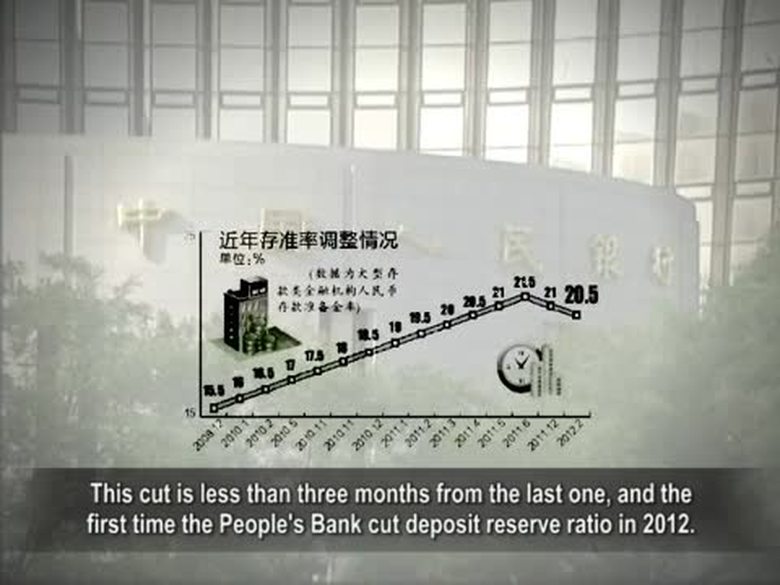
【禁聞】央行下調存準率 學者:不等於寬鬆








